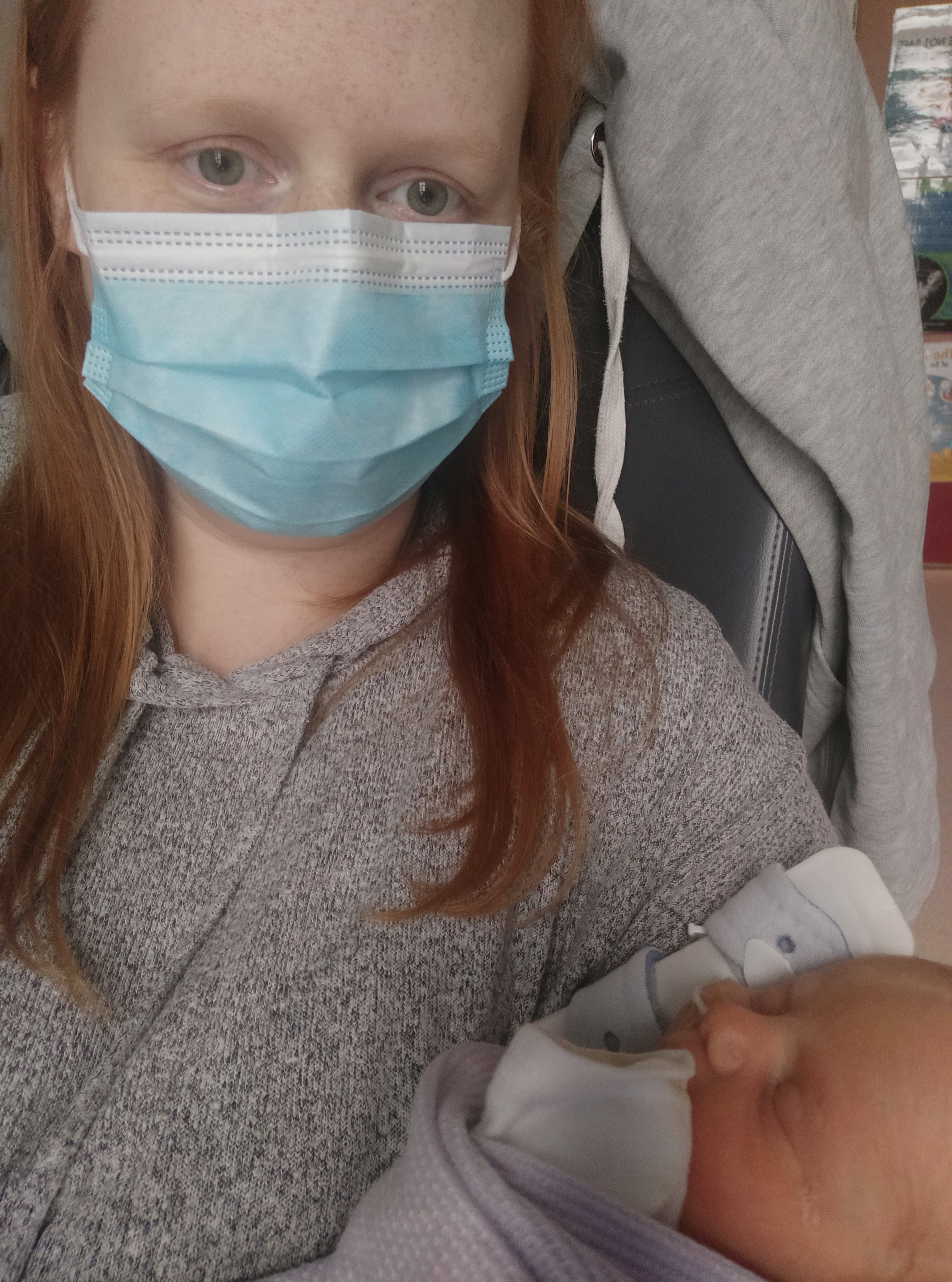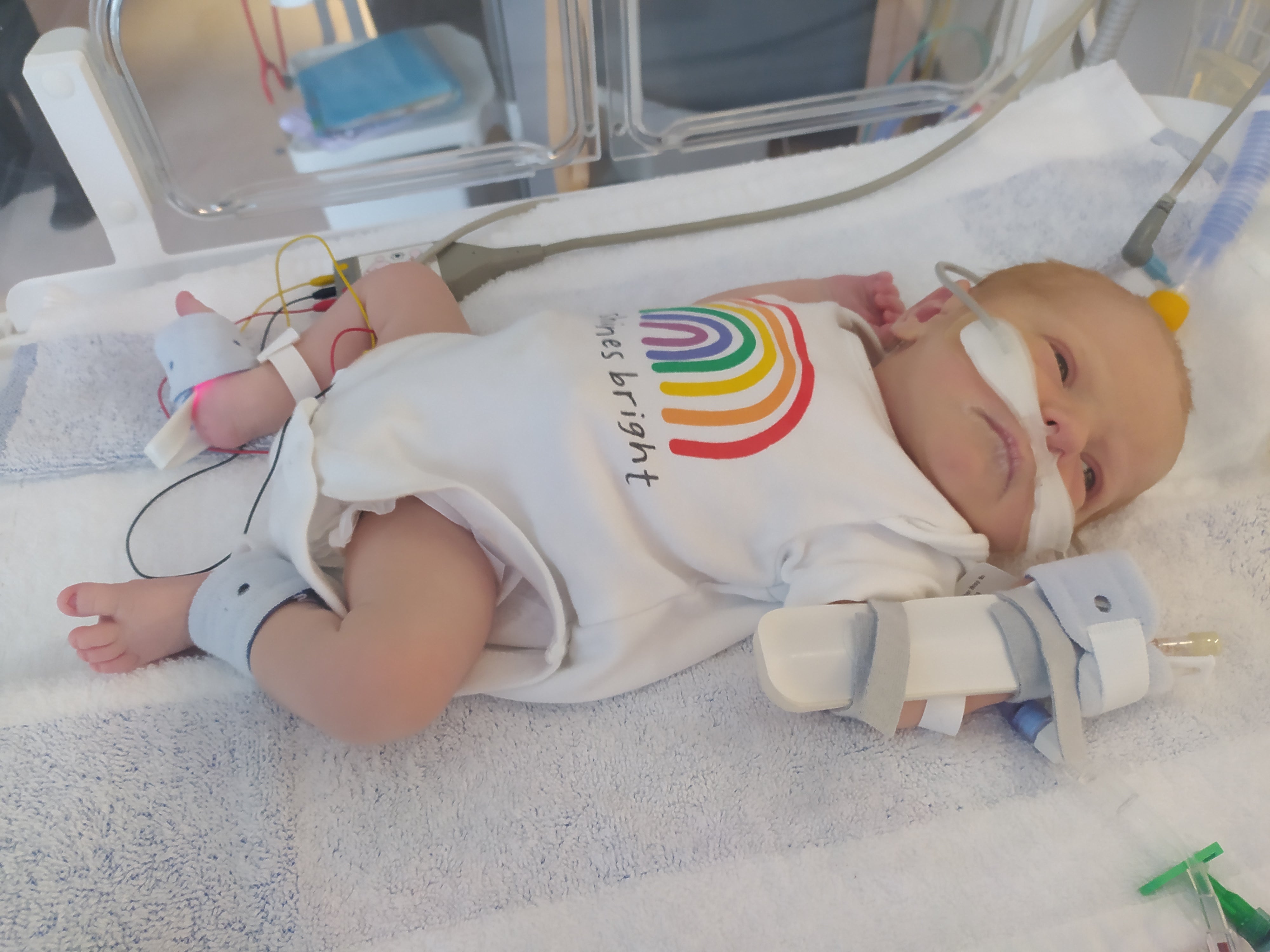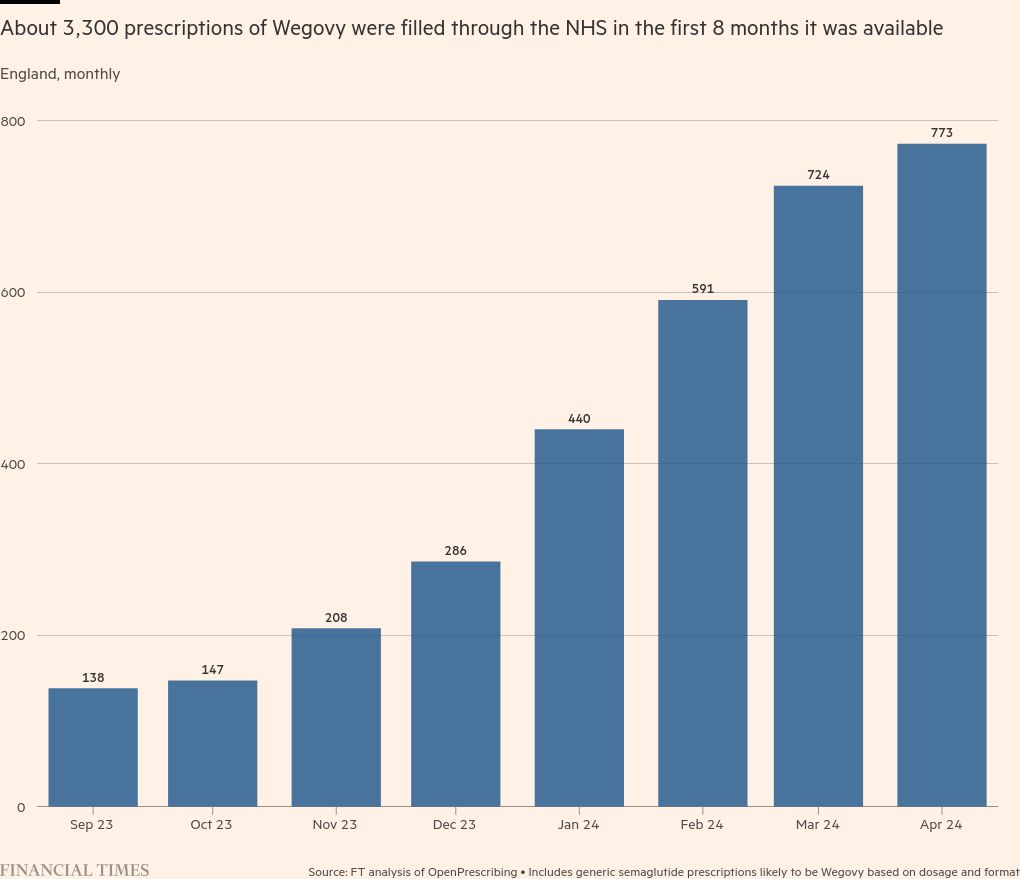Be really supportive
Independent journalism
Our mission is to provide unbiased, fact-based reporting that is accountable and uncovers the truth.
Whether $5 or $50, every contribution counts.
Help us deliver journalism without an agenda.

TOni Alonso-Gracier found herself waking up at night dreaming of hospital alarms going off after her baby was diagnosed with a life-threatening bacterial infection.
After her baby started complaining, doctors discovered – along with hospital staff – that he had a rapid heart rate.
Her newborn was kept in the intensive care unit for a week while doctors tried to treat his group B streptococcus – the child contracted the disease again and was hospitalized for another 12 days.
The fear that her baby would die had a long-term effect on her mental health: Alonso-Grazier’s therapist says the ordeal left her with borderline post-traumatic stress disorder.
She left the hospital after his birth, and her son was kept in the hospital for several days while doctors scrambled to figure out what was wrong with him.
“Being free without him was the worst thing I’ve ever experienced,” says Ms Alonso-Grazier. an independent. “I cried all the way out of the hospital. I can still imagine leaving the hospital.
The 36-year-old, who lives in the West Midlands, is calling for all pregnant women to be offered a free test for the life-threatening condition as part of their NHS care, as she warned many parents could have lost their baby. the illness
She said she had never heard of the condition before, was not offered a test during her pregnancy, and had no idea she could be tested for the disease when she was carrying her child.
Group B streptococcus is a bacterium and a major cause of life-threatening infection in newborns, however most parents can only get tested through private health care.
Its presence is common during pregnancy and rarely causes problems, but in rare cases it can spread to a baby and make them sick. Although the disease is not routinely tested for, it can be detected during tests for various reasons, such as a vaginal swab or urine test.
An average of two babies a day in the UK contract the disease and one child dies every week from Group B strep – and many of these cases could be prevented if the disease is diagnosed and treated early.
Symptoms in a baby include being floppy or responding differently, grunting while breathing, fast or slow breathing, changes in body temperature, changes in skin color and vomiting.
Ms Alonso-Grazier’s call comes as new research finds that around nine in 10 new or expectant mothers in the UK should routinely get tests for group B streptococcus through the NHS.
Group B is not just a statistic; It is the leading cause of severe infection in our newborns and the lack of accessible testing is a preventable tragedy.
Jane Plumb
The study, by the charity B Strep Support, found that around eight in 10 mums wanted the NHS to test them for the condition – with seven in 10 saying they either didn’t know or hadn’t been informed about the personal possibility. checking
Around six in 10 of 1,000 new or expectant mothers polled across the UK were unsure of spotting signs of group B strep infection in their baby, and around three quarters were unaware that the condition could lead to meningitis or sepsis.

“Leon was born at 1 p.m.,” says Ms. Alonso-Grazier. “I had gestational diabetes and was kept 24 hours a day to monitor me. By 11pm he was making strange raspy noises – that was the first time I noticed anything was up. He was taken to the neonatal unit.”
It wasn’t until five days later that she and her husband learned he had group B streptococcus — doctors initially thought he had fluid in his lungs and then an unknown infection, which they attributed to sepsis.
“When they said sepsis, I was scared,” she recalls. “I was researching ‘What is Group B Strep?’ This is my third baby and I have never heard of Group B Strep.
Ms Alonso-Grazier, who works at a secondary school, said her son spent seven days in the neonatal intensive care unit.
“I didn’t sleep well,” she added. “I kept checking my phone if the newborns were calling. It felt like a limb had been lost. I was afraid that he would ever come out of the hospital.”

She explained that six days after Leon was first released, he contracted group B streptococcus again and was readmitted to the hospital.
“It felt like history was repeating itself,” she adds. “It was surreal. I was in the hospital with him for those 12 days.”
Leon has now thankfully made a full recovery. He is 20 months old and a “happy lively little boy”.
“There needs to be more awareness of group B strep,” adds Ms. Alonso-Grazier. “I’m disappointed that it’s gone. Especially women should be aware that giving it can put your baby’s life at risk.
I panicked when they said sepsis. I asked ‘What is Group B strep?’ This is my third baby and I have never heard of Group B Strep
Tony Alonso-Gracier
The new research found that more than two-thirds of those polled wanted more information about the condition, which could cause serious infections such as pneumonia.
On average, one baby a week in the UK recovers from their group B strep infection but develops a life-changing illness in the process.
Campaigners say most high-income countries offer prenatal screening to all pregnant women, including Germany, the United States, Canada, Spain and France.
Jane Plumb, chief executive of Group B Strep Support, said: “Although more than 80 per cent of expectant mothers want to be tested, a significant majority are unaware of their options. We at Group B Strep Support are calling for Group B Strep to be made a notifiable disease, so robust national data can provide a fuller picture of the burden it causes, and national policymakers for new evidence when GBS3 trials are reported. We ask for an open mind. 2025.
“The Group B column is not just a statistic. It is the leading cause of severe infections in our newborns and the lack of accessible testing is a preventable tragedy.
#baby #normal #lifethreatening #condition #NHS #test
